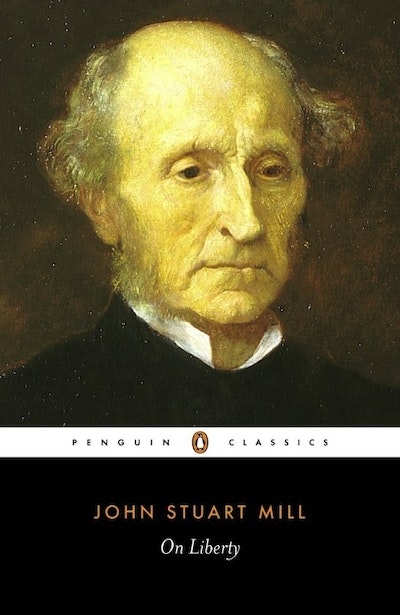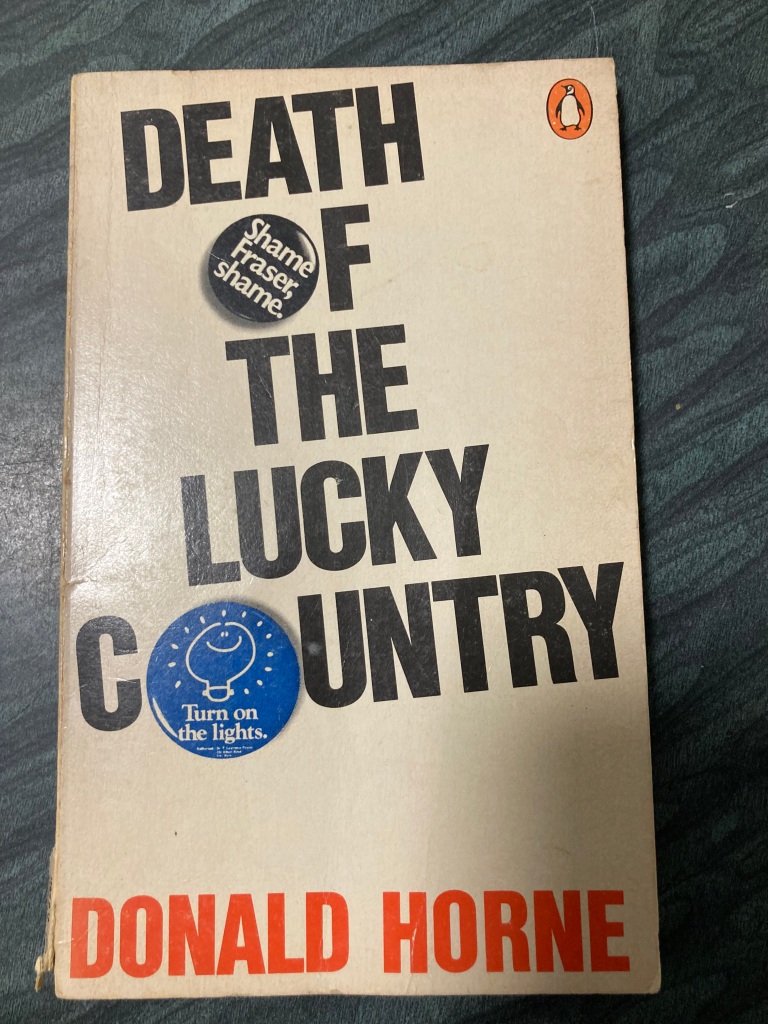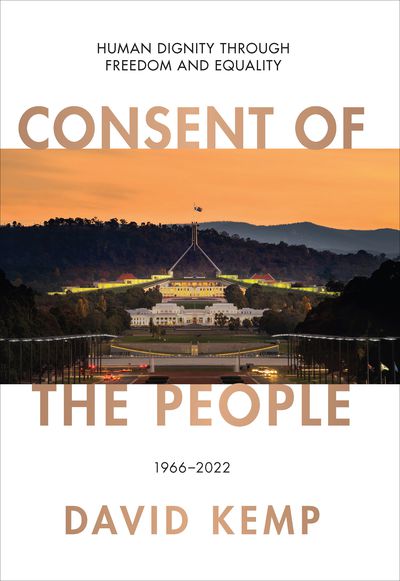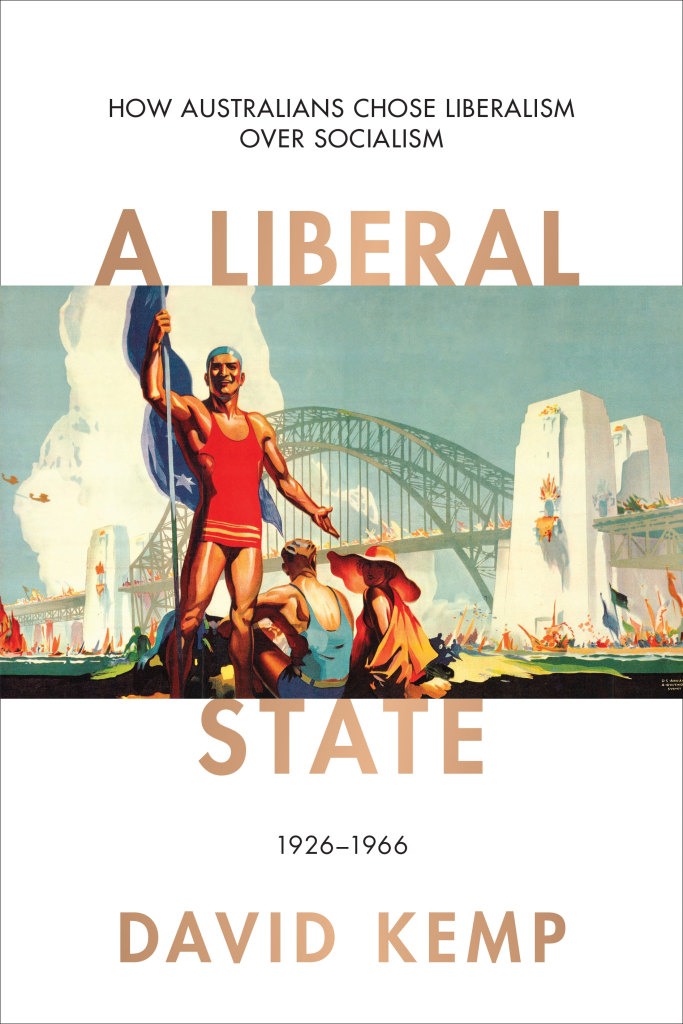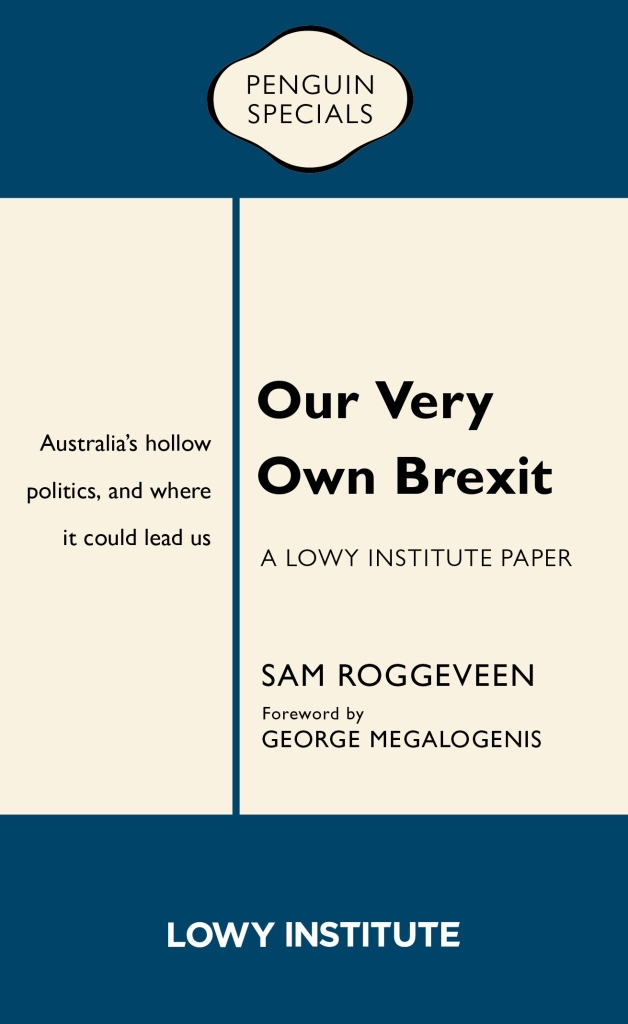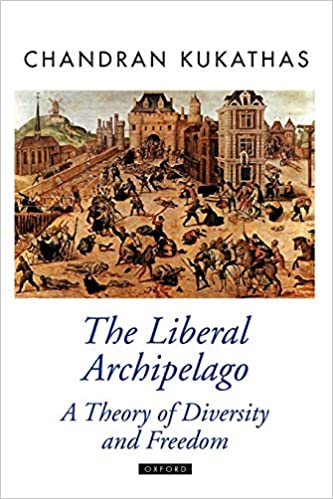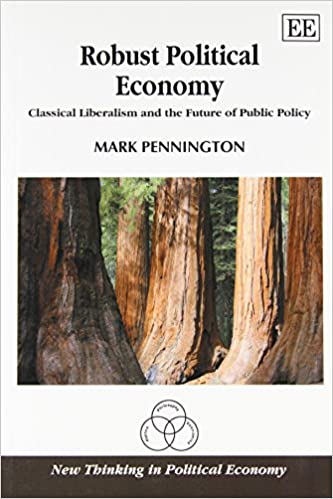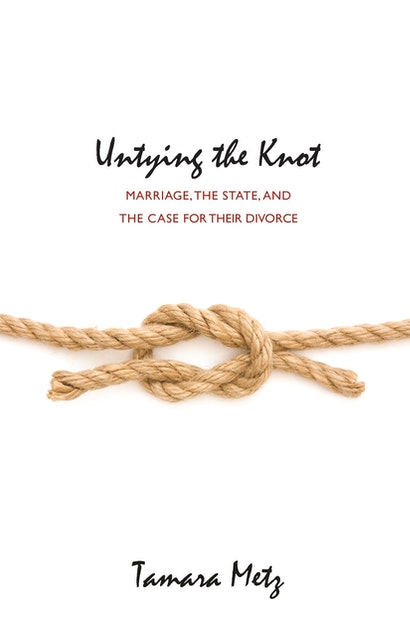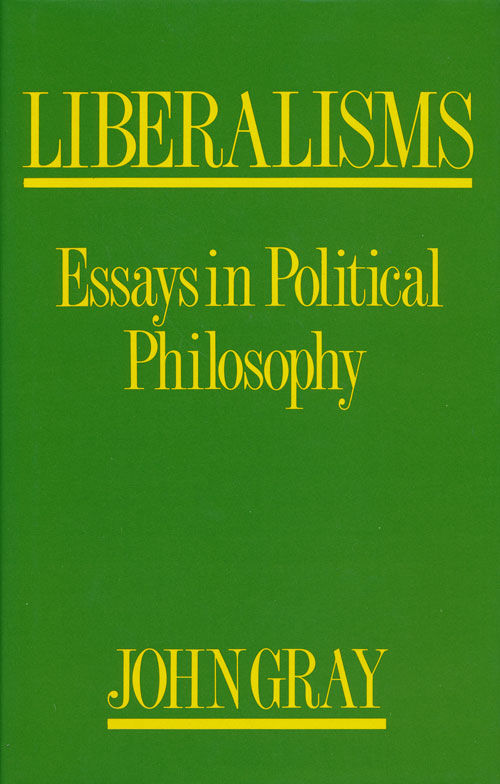When Milton Friedman died in 2006 I wrote a blog post crediting him as an ‘enormous influence on my life’. I said back then that although few people call themselves ‘Friedmanites’, for many – including me – his writings guided us to a broader set of arguments and influences. Despite the subtitle Jennifer Burns gives her biography of Friedman -‘the last conservative’ – these were mostly ideas in the classical liberal tradition.
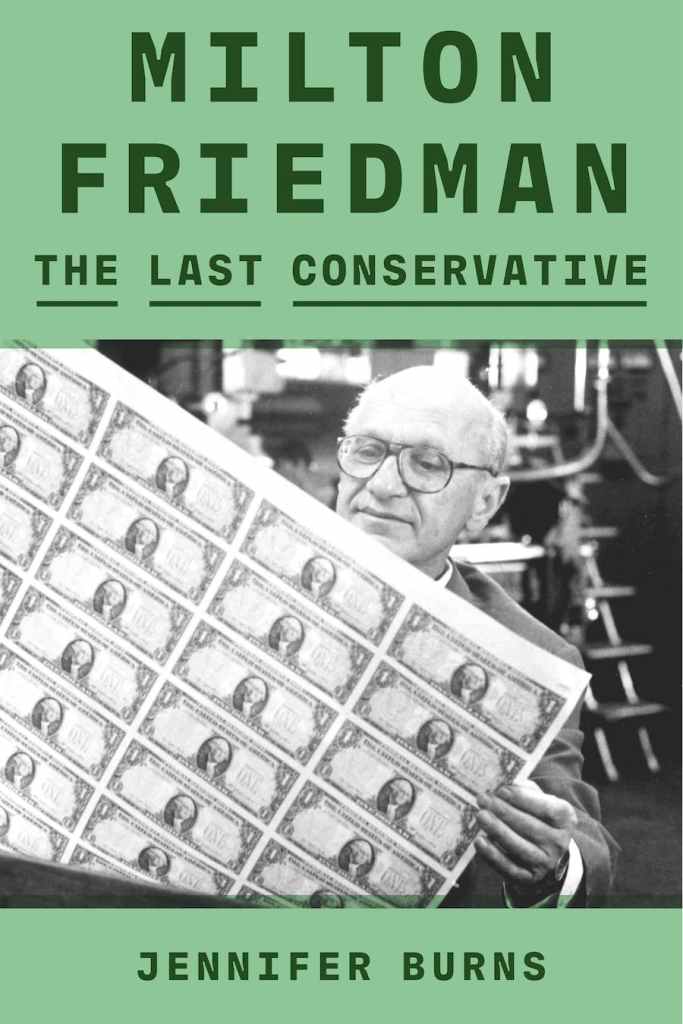
Classifying Friedman
Burns acknowledges that Friedman described himself as a classical liberal. But in the United States ‘liberals’ are the rough equivalent of social democrats or progressives in other countries. Tribally, Friedman was not one of them. His US partisan leanings were Republican, he was sceptical of ‘big government’, and he sometimes associated with people progressives hate.
If Friedman is a ‘conservative’, the word ‘last’ is doing a lot of work. It refers back to the post-WW2 synthesis of relative conservatism in social matters, private enterprise/free market economics and anti-communism adopted by ‘conservative’ political parties. Friedman more than anyone else turned the private enterprise part of this synthesis into a free market perspective. This combination of views still exists, but has faded as a political force. In the 2010s and 2020s populist figures like Donald Trump captured American ‘conservatism’.
For a non-American audience it is simpler to keep Friedman’s ideological classification as ‘classical liberal’.
Continue reading “Milton Friedman: The last conservative or the first welfare state classical liberal?”